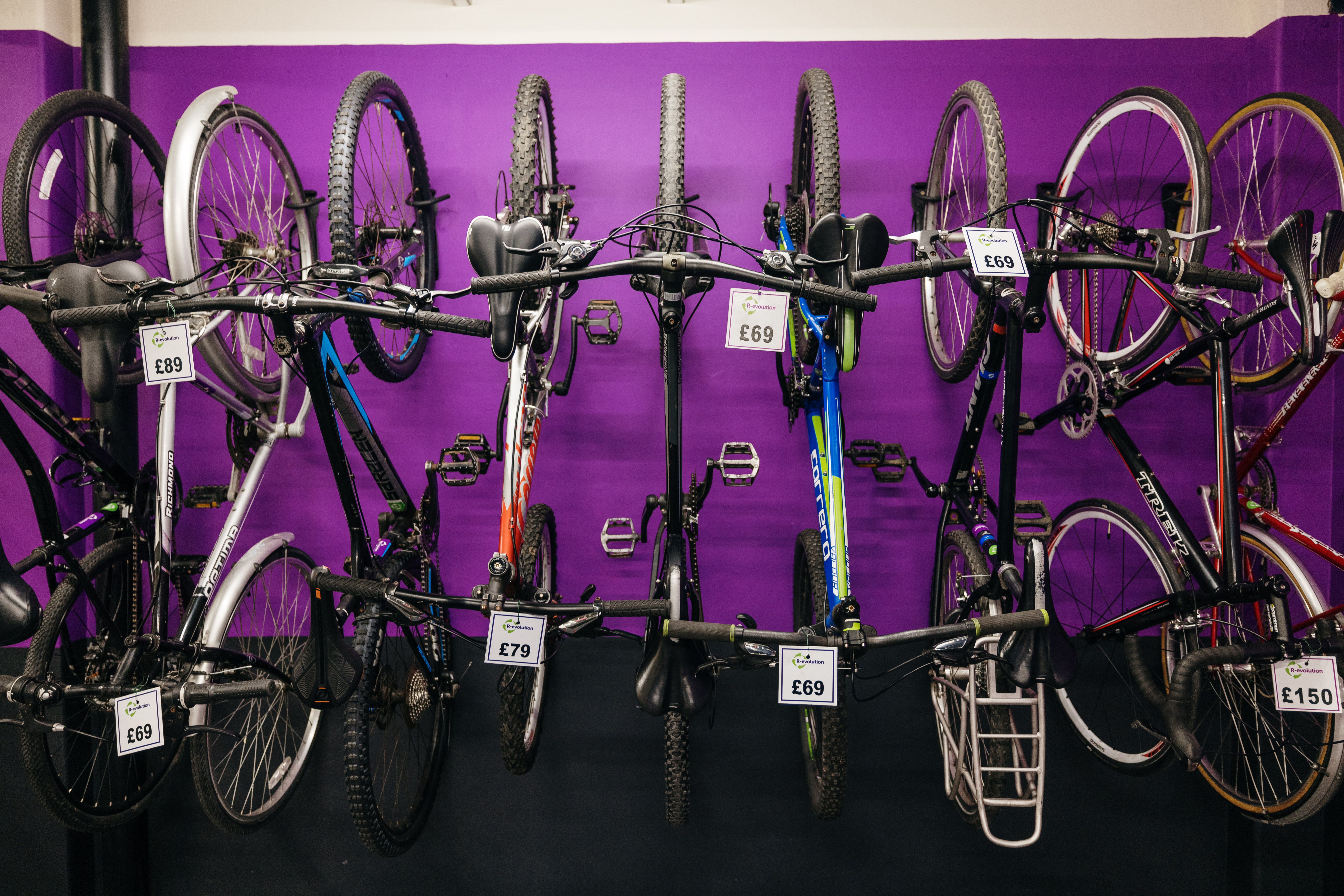As countries across the world join forces to accelerate action towards tackling the climate emergency, Hull is already changing gears towards becoming a walking and cycling city.
COP26 is shining a light on how the world can work together to deliver net zero by the middle of the century, and how people travel plays a huge part in reaching this goal.
Surface transport is now recognised as the largest emitter of greenhouse gases including carbon dioxide, methane and nitrous oxide, most of which comes from cars and vans.
Active travel can significantly lower carbon footprints, and even if not all car trips are replaced by cycling or walking, the potential for decreasing emissions is still huge.
And as part of Hull City Council’s commitment towards encouraging zero emission modes of transport, a wave of cycling and pedestrian friendly infrastructure is being rolled out across the city.
So far the local authority has improved over ten miles of existing cycle paths, added 2.3 miles of new cycle lanes, and 6.3 miles of shared cycle and bus lanes.
Once the proposed schemes are completed, an additional 14 miles of safer cycling routes will be added to the existing cycling infrastructure.
Councillor Dean Kirk, portfolio holder for transportation, roads, highways and flood prevention, said: “As a city we have a huge commitment to become carbon neutral by 2030, and changing how we travel is one of the single biggest things we can do to try and slow down global warming.
“Hull is a small city with tight boundaries, and how we share the road space is a key consideration for the local authority. We appreciate that changes to how people travel may not happen overnight, but our ambition is to build a transport network that works for everyone.
“Doing our bit by travelling more actively will directly help combat air pollution, reduce congestion on the roads and improve health and wellbeing. Essentially, we’re making greener, cleaner and healthier travel more accessible in Hull.”
Since the installation of the segregated cycle lanes in Freetown Way cycle lane, 87,000 cycle journeys have been counted over a 12-month period up to June 2021.

Cycle lanes in Hull
Councillor Kirk said: “Over the last year we’ve carried out two transport-focused surveys in a bid to understand how people in our city choose to travel, and how we can improve modes of sustainable transport for people from all walks of life.”
In the most recent survey, 70 per cent of respondents say they would be able to travel at least 2 – 3 miles on a bike, and 80 per cent say they would be able to travel at least 2 – 3 miles by foot.
The survey also revealed that 43 per cent of those who are considering switching to more sustainable forms of transport for shorter journeys would do so to help the environment.
Councillor Kirk continued: “Those figures are incredibly encouraging, and supports the notion that people do want to walk and cycle more, whether this is for the environment, or to improve their health or save money.”
Residents will also have the opportunity to take part in a consultation based on the Local Cycling and Walking Infrastructure Plan (LCWIP) in the future to further improve accessibility for active travel measures across Hull.




